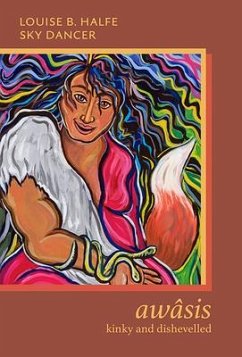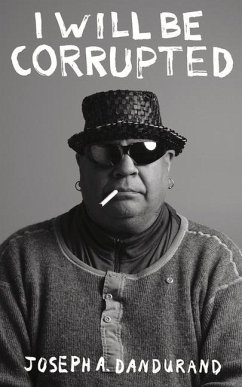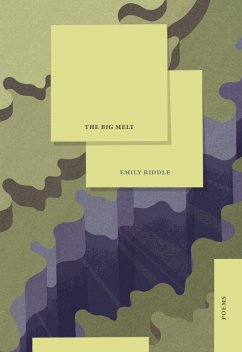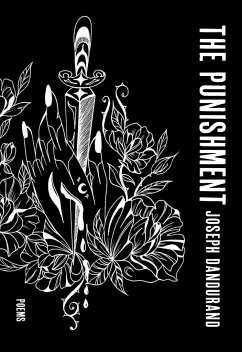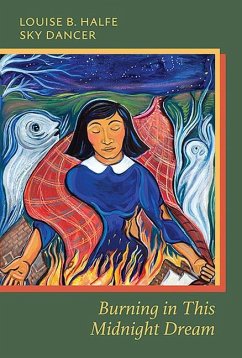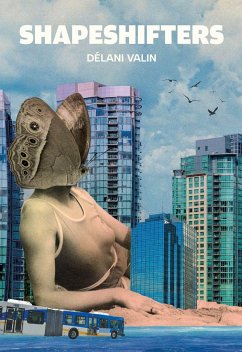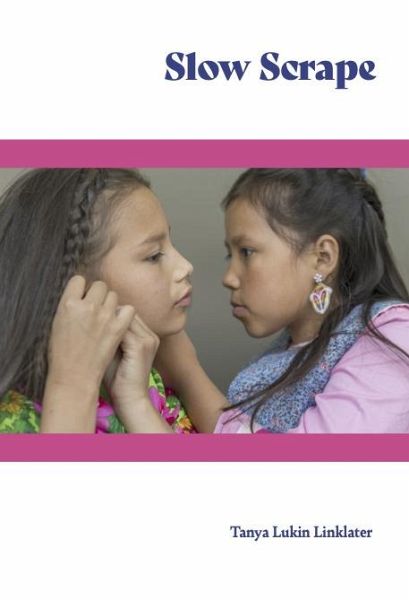
Slow Scrape
Versandkostenfrei!
Versandfertig in über 4 Wochen
15,99 €
inkl. MwSt.

PAYBACK Punkte
8 °P sammeln!
"Slow Scrape is, in the words of Layli Long Soldier, 'an expansive and undulating meditation on time, relations, origin and colonization.' Lukin Linklater draws upon documentary poetics, concrete-based installations, event scores, and other texts composed in relation to performances written between 2011 and 2018. The book cites memory, Cree and Alutiiq languages, and embodiment as modes of relational being and knowledge. The book unfolds a poetics of relation and action to counter the settler colonial violences of erasure, extraction, and dispossession. Slow Scrape can be read alongside Lukin ...
"Slow Scrape is, in the words of Layli Long Soldier, 'an expansive and undulating meditation on time, relations, origin and colonization.' Lukin Linklater draws upon documentary poetics, concrete-based installations, event scores, and other texts composed in relation to performances written between 2011 and 2018. The book cites memory, Cree and Alutiiq languages, and embodiment as modes of relational being and knowledge. The book unfolds a poetics of relation and action to counter the settler colonial violences of erasure, extraction, and dispossession. Slow Scrape can be read alongside Lukin Linklater's practice as a visual artist and choreographer."--





